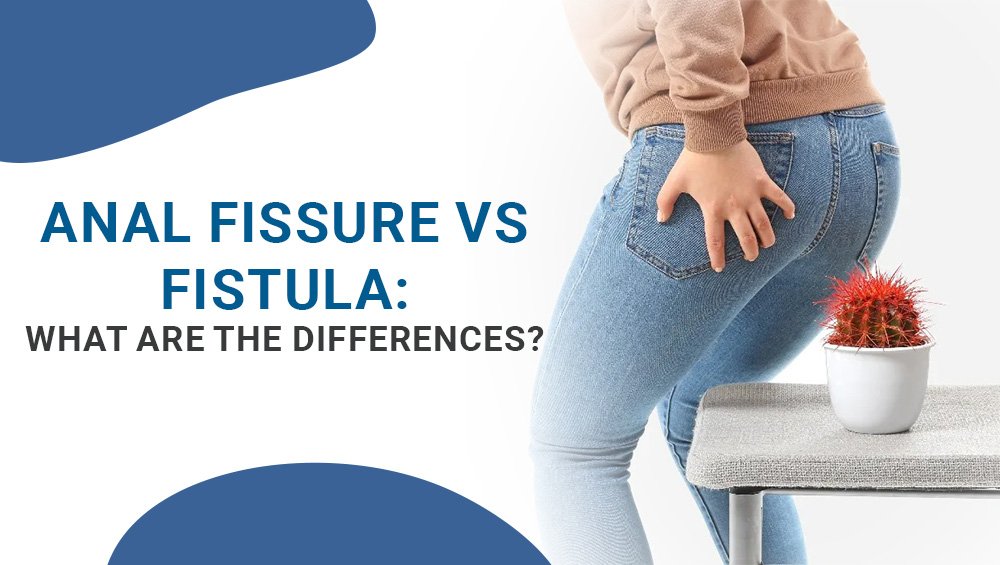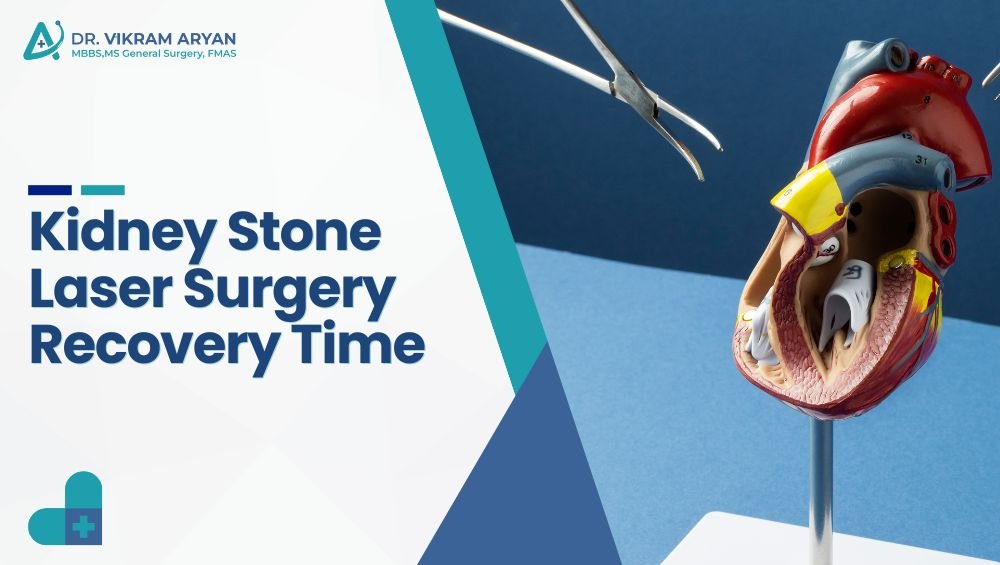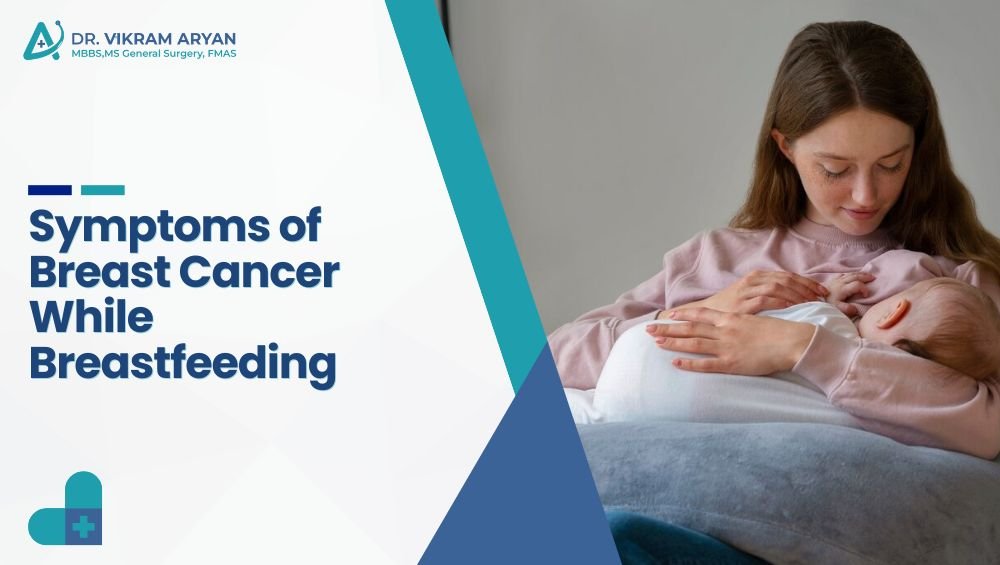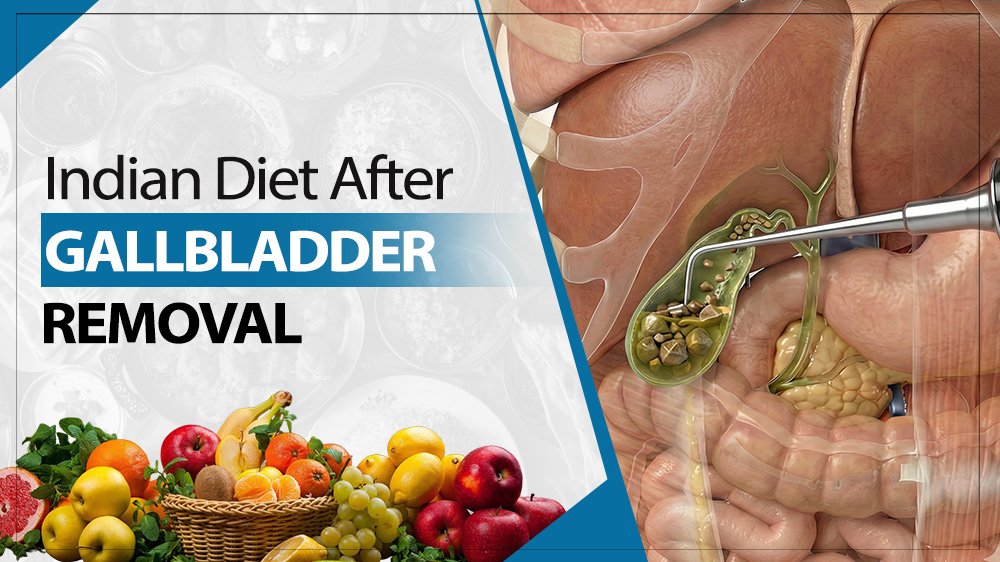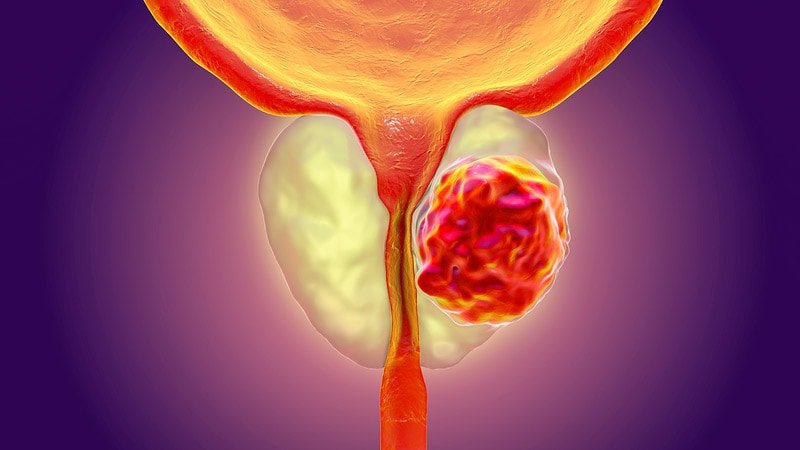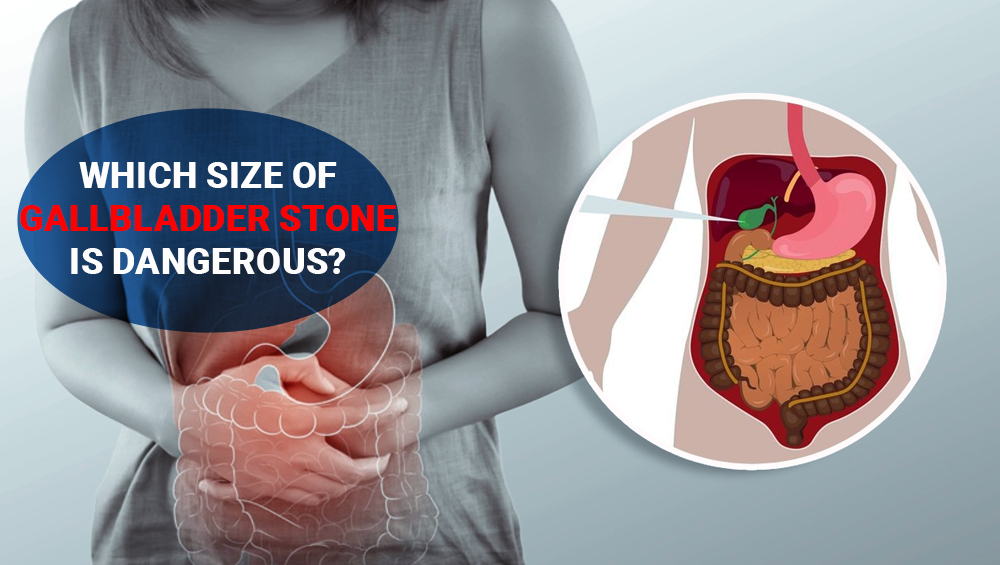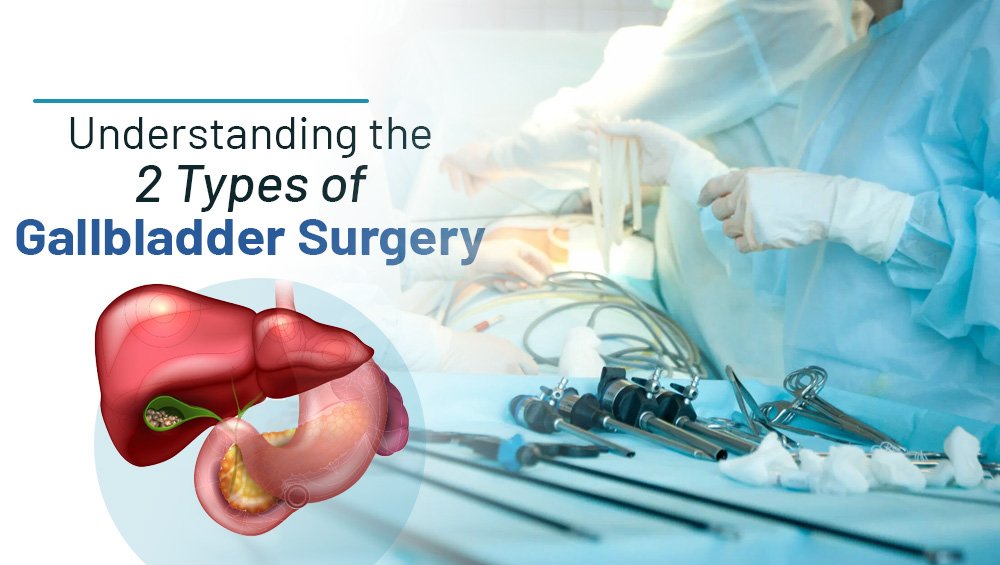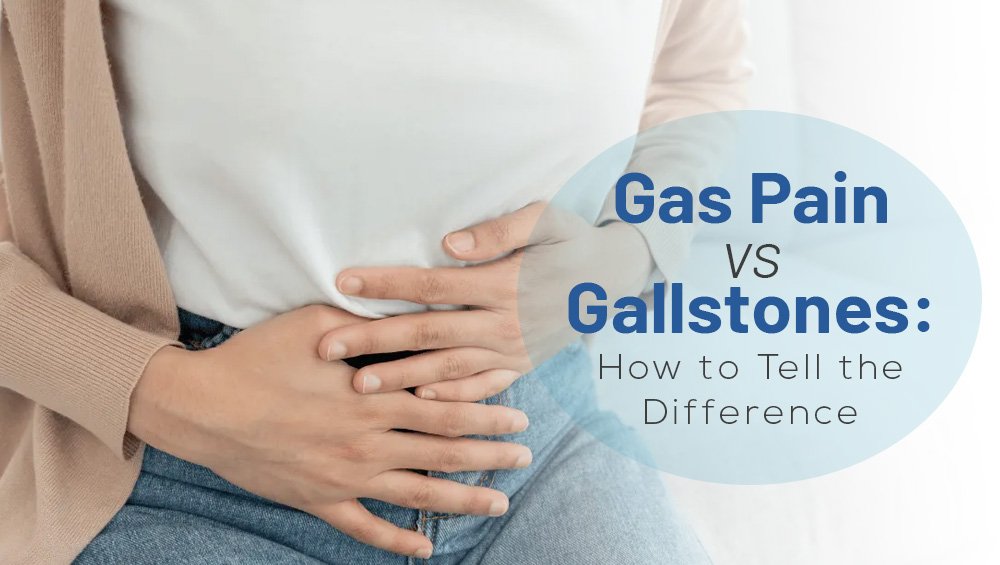Difference between anal fissures and fistulas Anal fissure is a small surface-level tear or crack in the anus lining, usually during bowel movement. They can cause severe pain and bleeding during bowel movement. Whereas, fistula is a tunnel like tract connecting the anal canal to skin, could be because of infections. They cause discharge, swelling and often require surgeries.
Have you ever felt pain when using the washroom, and wondered that if it is an anal fissure or a fistula? Well, you are not alone in this. These two conditions sound similar and also give the same level of discomfort, and confuse people.
The actual truth is that the difference between anal fissures and fistulas is not only about medical words, but also the treatment, or cure, for these conditions is different. In this blog, you'll learn about the difference between them, their symptoms, their causes and treatment available for them, by this the confusion between these can be cleared well.
What Is an Anal Fissure?
An anal fissure refers to a small crack or tear in the soft tissue lining the anus. a small cut or tear but unbelievably painful as it exposes sensitive nerves in the region.
Common Causes
- Dry or hard stools
- Straining when trying to have a bowel movement
- Long-lasting diarrhea that causes inflammation to the anal region
- Tight muscle fibers around the anus making it more difficult for feces to be expelled
- Injury or trauma to the anal region (e.g. during delivery)
- Less commonly, some forms of inflammatory bowel disease such as Crohn's could cause this
Symptoms
- Piercing pain during and after a bowel movement
- Blood, usually bright-red, noted on toilet paper or the stool
- Discomfort or inflammation around the anal region
- A noticeable fissure or laceration around the anal opening
- Painful muscle spasms exacerbating the discomfort
What Is an Anal Fistula?
An anal fistula is an abnormal passage or tunnel that forms between the anal canal and opens up to the skin near the anus. With anal fistula, it is quite common for this condition to arise following an infection or an abscess that is not adequately managed, resulting in the formation of a small tract.
Common Causes
- Infections that occur in the anal glands are considered the most common cause and lead to an untreated anal abscess.
- Irritable Bowel Disorders such as Crohn's or colitis also contribute to the condition.
- Infections may also arise due to an injury to the anal area.
- Though such an occurrence is very uncommon, some chronic infections, tuberculosis, or specific types of cancer may give rise to abscesses.
Symptoms
- Ongoing drainage of pus or blood with an opening near the anus.
- Swelling and redness of the anal area.
- Sharp nagging pain with the a getting worse with to sit or move.
- Skin damage caused by irritation beneath a layer of dripping fluid or pus.
- Feeling feverish or sick in general when an infection is present.
Fissure vs. fistula : key differences
| Point of Difference | Anal Fissure | Anal Fistula |
| What it is | A small tear in the lining of the anus | An abnormal tunnel between the anal canal and skin near the anus |
| Main Cause | Hard stools, constipation, diarrhea, or straining | Often caused by infection or abscess near the anus |
| Pain Level | Sharp, burning pain during and after bowel movement | Mild to moderate discomfort, often with swelling or pus discharge |
| Bleeding | Bright red blood during bowel movements | May have bleeding but more commonly pus or fluid discharge |
| Healing | Often heals with lifestyle changes and topical care | Usually requires surgical intervention |
| Common Symptoms | Pain, bleeding, itching, muscle spasms | Persistent discharge, swelling, recurrent abscesses |
| Treatment | Diet, sitz baths, ointments, or minor surgery | Fistulotomy, seton placement, or laser surgery |
| Recurrence Risk | Lower if healthy bowel habits are maintained | Higher without surgical correction |
Diagnosis
Diagnosis of anal fissures and fistulas depends on the patient's history, physical examination, and possibly imaging or examination under anesthesia in complicated cases.
Anal Fissure
- Diagnosis typically occurs through the medical history and physical exam, which may involve a gentle digital rectal exam to determine tenderness or a visual exam for any tears.
- The physician may also see a visible crack or tear during inspection. In chronic cases, a small skin tag (sentinel pile) may start to form.
- If the symptoms indicate deeper or related pathology, the physician may utilize other assessments, such as anoscopy or proctoscopy; however, these types of assessments are utilized less often with uncomplicated fissures.
Anal Fistula
- Diagnosis starts with a history of symptoms (eg. drainage, pain, and recurrent abscess) and a physical examination for the examination of any external opening or swelling near the anus.
- If the tract is not evident, a fistula probe, anoscope, or examination under anesthesia (EUA) may help in identifying both openings.
- To document the full extent of the fistula, imaging such as MRI, endoanal ultrasound, or fistulography can be very helpful.
Treatment Approaches
For Anal Fissures
Lifestyle changes and home treatments are mostly effective in treating the majority of anal fissures. The focus is to ease the pain during bowel movements and to let the tear heal naturally. Some persistent cases may require surgical or specialized anal fissure treatment in Gurgaon.
Treatment options include:
- Lifestyle care : It comprises a diet that is high in fiber, plenty of fluids, and avoiding straining during defecation.
- Sitz baths : sitting in warm water for 10 to 15 minutes two or three times a day to enhance the area's blood supply and relax the anal sphincters.
- Ointments and creams : To be used as directed, they include a variety of topical medications to relax the anal sphincter and aid in recovery.
- Surgery- surgical intervention or Botox, among others, will definitely provide relief by decreasing the muscle tension and allowing faster healing of the fissure.
For Anal Fistulas
As anal fistulas are caused by an irregular tunnel, they often do not heal spontaneously. Most cases tend to require some form of surgery to close the tunnel and additionally, prevent recurring infections.
Treatment options include:
- Manage the infection If the infection is active, utilize antibiotics.
- Incision and Drainage Drainage must be performed before treating the fistula if a pus filled cavity is identified.
- Surgical Treatment Treatment options are fistulotomy, seton placement, or faster recovery and lesser discomfort minimally invasive laser procedures.
- After the Operation Maintain the area's hygiene, comply with the outlined wound care and follow-up appointments to avoid reopening and further complications.
Prevention Tips
Although not all fissures or fistulas can be prevented, living a good lifestyle can prevent these problems from developing or returning. To keep your digestive system intact, keep the stool soft, and keep the anal area free from infection:
For Anal Fissures
- Consume fruits and vegetables or whole grains that are rich in fiber.
- By drinking enough clean water, stools can be kept soft.
- Avoid excessive straining during bathroom use.
- Take rapid action to treat constipation or diarrhea.
- For inflammation, clean gently but thoroughly to prevent rubbing or chafing.
For Anal Fistulas
- Early treatment of anal abscess shall keep tunnel formation.
- Good anal hygiene lowers chances of infection.
- Controlling long-term illness- Crohn's.
- Any persistent pain, swelling, discharge, seek early treatment.
Conclusion
While anal fissures and fistulas may occur together, there lies a difference between them in etiology or pain or treatment. An example is a fissure which is a surface tear that tends to stay with healing, unlike a fistula which is usually surgically healed because of its depth. If a specialized treatment is sought in Gurgaon, one can consider seeing a reliable general surgeon, Dr. Vikram Aryan, considered to be the best general & Laparoscopic surgeon in Gurgaon performing surgeries with great expertise. He performs painless laser treatment for fissures and also advanced fistula surgeries, all effective and safe, with 18+ years of experience. Pay attention to your symptoms, and schedule an appointment with Dr. Vikram Aryan to begin your quest for long-term comfort and relief.
